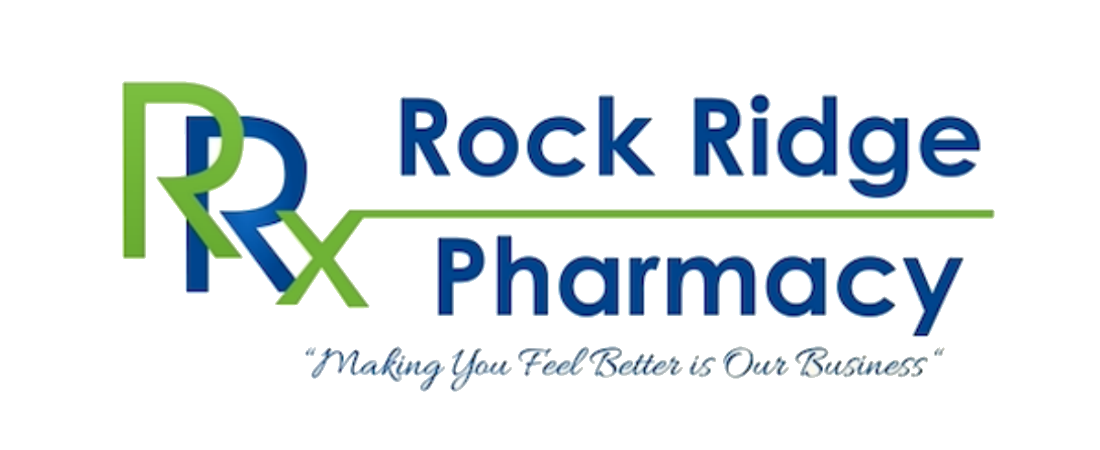Walk down any supplement aisle or browse an online vitamin shop, and you’ll likely notice claims like “all-natural,” “plant-based,” or “bioidentical.” But what do these labels really mean? And more importantly, when comparing synthetic vs. natural vitamins, does the difference actually affect your health?
We’ll break down how natural and synthetic vitamins differ in sourcing, structure, absorption, and effectiveness, so you can make confident, informed choices about the supplements you take.
Let’s get to the truth behind the label.
What Are Natural Vitamins?
“Natural” vitamins are those derived directly from whole food sources or concentrated natural compounds. They are typically extracted from plants, animals, or microbes and are minimally processed to preserve their original structure.
Some examples include:
- Vitamin C sourced from acerola cherry or camu camu
- Vitamin E derived from sunflower oil (as d-alpha-tocopherol)
- Vitamin A from cod liver oil
Natural vitamins are often paired with cofactors, compounds found in food that help your body absorb and utilize the vitamin effectively. For example, vitamin C from food comes with bioflavonoids that aid in absorption.
What Are Synthetic Vitamins?
Synthetic vitamins are created in laboratories using chemical processes. They are often made to mimic the structure of natural vitamins but can differ slightly in form and function. Most mass-market multivitamins contain synthetic forms because they are more cost-effective and stable.
Examples include:
- Vitamin C as ascorbic acid (made from corn glucose and sulfuric acid)
- Vitamin E as dl-alpha-tocopherol (a synthetic version with mixed isomers)
- Folic acid, a synthetic form of folate
Many synthetic vitamins are bioidentical to their natural counterparts, but not always. In some cases, these small differences can affect how well your body uses the nutrient.
Absorption and Bioavailability: Which Is Better?
Here’s where things get a little complex between synthetic vs. natural vitamins. Your body doesn’t always treat synthetic and natural vitamins the same.
Vitamin E Example:
Natural vitamin E (d-alpha-tocopherol) is more bioavailable and better retained in the body than its synthetic form (dl-alpha-tocopherol). Studies show natural vitamin E is about twice as potent as the synthetic form.
Folate vs. Folic Acid:
Folate is the natural form found in leafy greens, while folic acid is the synthetic version used in many supplements. Folic acid must be converted in the liver to methylfolate, the active form. Some people have a genetic variation (MTHFR mutation) that makes this conversion inefficient, leading to unmetabolized folic acid and reduced effectiveness.
In such cases, using methylated folate (the active form) may be more effective than folic acid.
Safety Considerations
Just because something is “natural” doesn’t always mean it’s better or safer. Some natural sources of vitamins can trigger allergies (e.g., shellfish-based calcium or fish liver oil). Others might be contaminated with pesticides or heavy metals if not properly sourced.
On the other hand, synthetic vitamins, when made with care and tested rigorously, can offer:
- Greater dose control
- Consistent purity
- Long shelf life
That said, excessive doses of synthetic vitamins, especially fat-soluble ones like A, D, E, and K, can lead to toxicity. That’s why choosing pharmacist-approved, carefully formulated products matters more than whether the vitamin is technically synthetic or natural.
Regulation and Labeling Gaps
In the U.S., the term “natural” is not tightly regulated when it comes to supplements. A product may say “natural” even if only one ingredient is plant-derived, while the rest are synthetic.
That’s why it’s critical to look beyond the marketing. Read the Supplement Facts panel and ingredient list to understand:
- What form of the vitamin is being used
- Whether it’s labeled as "methylated," "chelated," or "bioavailable."
- If there are fillers, binders, or artificial colors
Which Should You Choose?
It depends on your health needs, preferences, and sensitivities. Let’s break it down:
Choose Natural Vitamins when:
You might lean toward natural vitamins if you prefer whole-food-based supplements that offer nutrients in their most recognizable, food-derived forms. Natural options are often a great fit for people who are sensitive to synthetic fillers or additives.
They also tend to be ideal when you’re supplementing fat-soluble vitamins like vitamin A or E, as natural forms of these nutrients may offer superior bioavailability and better absorption in some individuals.
Choose Synthetic or Bioidentical Vitamins when:
On the other hand, synthetic or bioidentical vitamins may be the better choice when you need precise dosing or a higher-potency formulation, especially if you’re correcting a known deficiency.
For example, people with low vitamin D levels or B12 deficiency often benefit from bioidentical or methylated forms that deliver therapeutic levels quickly and efficiently. Synthetic vitamins are also ideal if you’re looking for clinically formulated supplements that are tested for purity and consistency.
Why Quality and Source Matter Most
Whether you’re shopping natural or synthetic, what matters most is where the product comes from and how it’s made. At Rock Ridge Pharmacy, we only carry pharmacist-approved, medically trusted brands that meet the highest standards of quality and transparency.
Our supplements go beyond marketing claims, they’re selected based on science, purity, and clinical effectiveness. That’s why our curated vitamin range includes both natural and synthetic forms, so you can choose what’s right for you, with confidence.
Conclusion
When comparing synthetic vs. natural vitamins, it’s not a simple battle of good vs. bad. Some synthetic vitamins are well-absorbed and safe. Some natural vitamins aren’t ideal for everyone.
The best choice is the one that fits your biology, lifestyle, and health goals, and comes from a source you trust.
Need help deciding? Our team at Rock Ridge Pharmacy is here to answer your questions and guide you toward supplements that are safe, effective, and right for you.
Disclaimer: This content is for informational purposes only and should not replace medical advice. Always consult with a licensed healthcare provider before starting or changing any supplement regimen.





